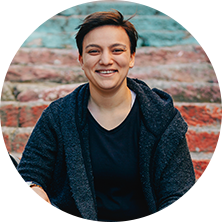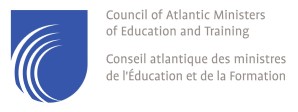
TOOLKIT FOR
POST-SECONDARY
STUDENTS
Recognize and articulate personal strengths, limitations, goals, biases and emotions and assess personal readiness for responsibilities and challenges in diverse life roles.
You can demonstrate your self-awareness through:
- Engaging in realistic self-appraisal (i.e., knowing what you’re good at, care about and like to do; and knowing your limitations)
- Being confident and positive about your identity
- Identifying the skills, interests, talents and attitudes that you develop through diverse life/work/learning experiences
- Envisioning yourself in the future and taking responsibility for getting there
- Describing necessary education/training and/or other experiences to prepare for your preferred future
- Inviting, evaluating, reflecting upon, and, when appropriate, integrating feedback from multiple sources
- Initiating discussions with others to expand your thinking on your preferred future
- Recognizing the interconnectedness of your personal identity, life roles and community
- Confronting your personal biases, recognizing their impact on self and others
- Recognizing how your feelings, thoughts and actions influence each other
- Recognizing when you are not ready for work, school or additional responsibilities
Jas, in second year of a Bachelor of Engineering program, regularly invites feedback, carefully evaluates it and recognizes the value of multiple perspectives. Through courses, a co-op term and a part-time job, Jas has formed a realistic picture of their personal strengths and limitations. Based on personal experience and discussions on campus, Jas knows that not all employers are equal in terms of their policies and practices regarding gender identity and embracing diversity. Although this won’t be their only criteria in choosing which organizations to apply to, Jas does not want to work somewhere that harassment or bullying is tolerated so will carefully consider this when researching job options.






